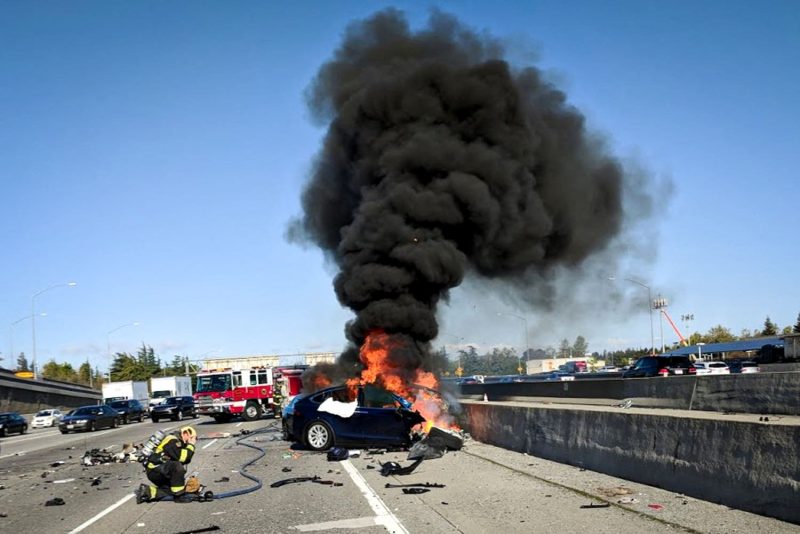In a recent development that showcases the evolving landscape of autonomous driving technology, Tesla has settled a lawsuit concerning a fatal crash involving its Autopilot feature. The case involved the tragic death of an Apple engineer, who lost his life when his Tesla Model X collided with a highway barrier in Mountain View, California, in March 2018.
The incident sparked a legal battle between the family of the deceased engineer and Tesla, with the former claiming that the Autopilot system was defective and caused the accident. Autopilot is Tesla’s semi-autonomous driving system that enables the vehicle to steer, accelerate, and brake automatically within its lane. While Tesla maintains that Autopilot is intended to assist drivers and requires constant supervision, critics argue that the system may give users a false sense of security, leading to accidents like the one in question.
The terms of the settlement between Tesla and the family of the deceased engineer have not been disclosed, but the resolution of the lawsuit brings attention to the critical importance of safety in the development and deployment of autonomous driving technologies. As these technologies continue to advance and become more prevalent on the roads, it is essential for both automakers and regulators to prioritize safety and accountability.
Tesla’s Autopilot feature has been the subject of scrutiny and controversy since its introduction. While proponents argue that autonomous driving systems have the potential to improve road safety and reduce accidents caused by human error, skeptics raise concerns about the readiness of current technology and the potential risks associated with over-reliance on autonomous systems.
In response to incidents like the one that led to the lawsuit settlement, Tesla has made efforts to enhance the safety features of its Autopilot system and to emphasize the importance of driver attention and engagement while using the technology. The company has released software updates to improve Autopilot’s capabilities and has introduced features like Autosteer Stop Light Warning to alert drivers when they need to take control of the vehicle.
The resolution of the lawsuit underscores the complex legal and ethical challenges that arise in the realm of autonomous driving technology. As automakers continue to innovate in this space, it is crucial for them to prioritize safety, transparency, and accountability in the development and deployment of autonomous systems. Moving forward, ongoing dialogue between industry stakeholders, regulators, and consumers will be essential to ensure the safe and responsible integration of autonomous driving technologies on our roads.
